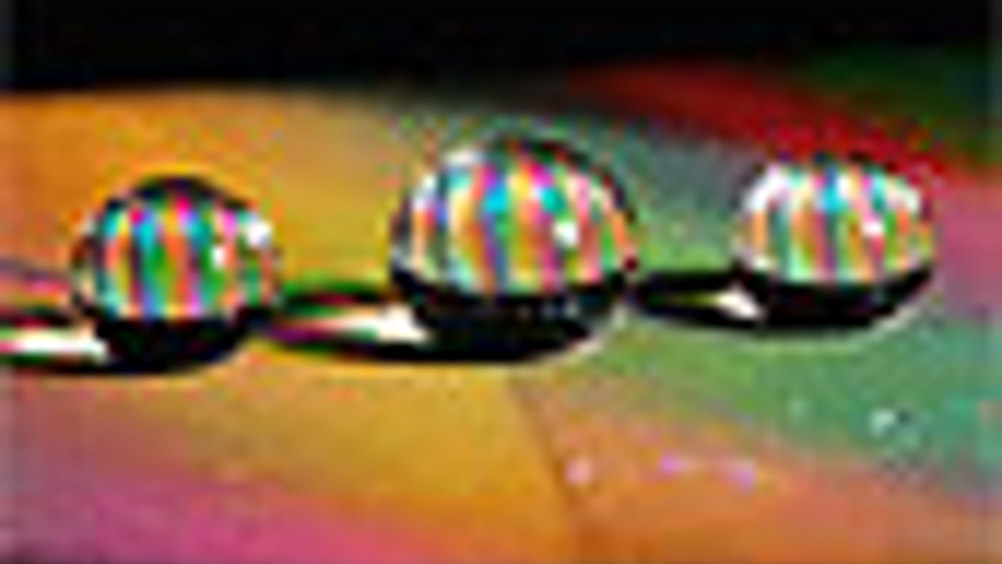Desalination simplification

A team of engineers has developed a new chlorine-tolerant membrane that should simplify the process of water desalination.
Prof Freeman, a chemical engineering professor at the University of Texas at Austin, was part of the team that developed the membrane together with James McGrath of Virginia Tech University and Ho Bum Park of the University of Ulsan in South Korea.
The chlorine-tolerant membrane, which is made from sulphonated copolymers, took the researchers more than three years to develop.
Prof Freeman said: 'If we make the desalination process more efficient with better membranes, it will be less expensive to desalinate a gallon of water, which will expand the availability of clean water around the world.'
In today's desalination plants, chlorine is first added to water to disinfect it. It is then dechlorinated prior to sending it through the currently used polyamide membranes, which do not tolerate chlorinated water.
But since the new membrane is chlorine tolerant, it promises to simplify the dechlorination process by eliminating the steps currently required to protect the membranes from attack from the chlorine.
Register now to continue reading
Thanks for visiting The Engineer. You’ve now reached your monthly limit of news stories. Register for free to unlock unlimited access to all of our news coverage, as well as premium content including opinion, in-depth features and special reports.
Benefits of registering
-
In-depth insights and coverage of key emerging trends
-
Unrestricted access to special reports throughout the year
-
Daily technology news delivered straight to your inbox










UK Automotive Feeling The Pinch Of Skills Shortage
Not so much attracting skills to the UK but generating skills within the UK is what is needed! That statement suggest they are in effect wanting to...